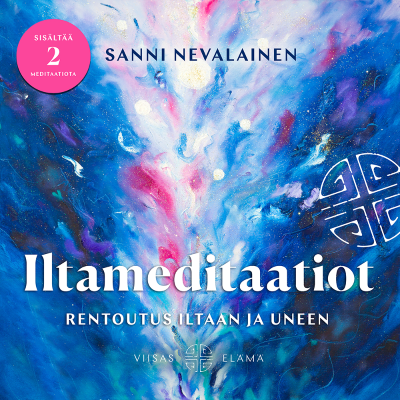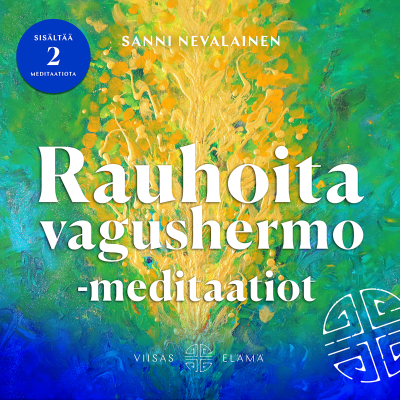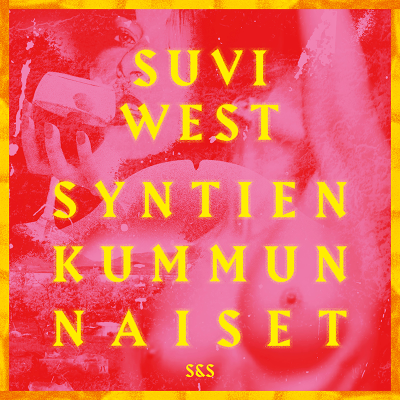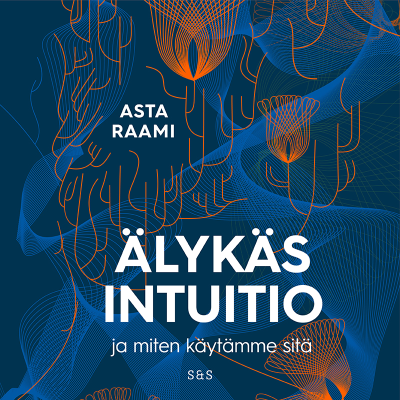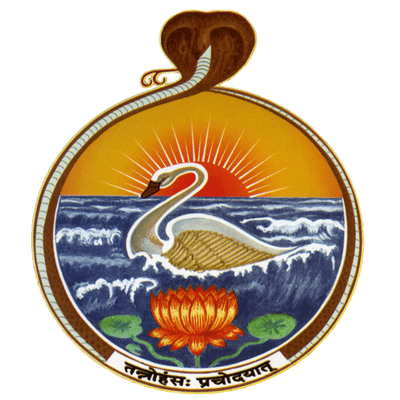
Isha Upanishad
englanti
Rajoitettu tarjous
2 kuukautta hintaan 1 €
Sitten 7,99 € / kuukausiPeru milloin tahansa.
- Podimon podcastit
- Lataa offline-käyttöön
Lisää Isha Upanishad
The Speaker's Introduction:Swami Tattwamayananda, currently the Minister of the Vedanta Society of Northern California, San Francisco, (originally founded by Swami Vivekananda in 1900) served in various centers of the Ramakrishna Order in India as editor, publisher, and teacher of Sanskrit, Advaitic texts such as Sri Shankaracharya's commentaries on the 'Prasthanatraya' (the fundamental Sanskrit texts of Vedanta philosophy), Buddhism and Indian philosophy. He underwent traditional training in Hindu scriptures, Sanskrit, Vedic and Vedantic literature for many years, from his early days. Before coming to the United States in January 2012 he was teaching Sanskrit, Vedantic scriptures and Indian philosophy at the Training center in Belur Math, the institution that trains the monks of the Ramakrishna Order at the headquarters of the Ramakrishna Mission, Kolkata, India. Apart from his traditional education, the Swami has also received modern University education in English literature, psychology, European history, and Western philosophy. He is frequently invited for lectures on Yoga, Vedanta, and traditional Hindu scriptures and for participating in interfaith dialogues.Swami Tattwamayananda’s exposition of the ISHAVASYA UPANISHAD was given in the Old Temple at the Vedanta Society of Northern California, San Francisco (founded by Swami Vivekananda in 1900) from February 3, 2012, to April 6, 2012, in a series of 9 lectures. For more:Web: www.sfvedanta.orgLivestream: https://livestream.com/sfvedantaFacebook: www.facebook.com/sfvedantaYouTube: https://www.youtube.com/user/SFVedantaAll Original Content © Vedanta Society of Northern California
Kaikki jaksot
9 jaksot9 - Problem of Confronting and Transcending Death in Vedanta | Swami Tattwamayananda
Questions and Answers on Ishavasya Upanishad Mantras 1- 18. This lecture was given by Swami Tattwamayananda on April 6, 2012. -Story of King Parikshit from the Bhagavata Purana -Story of Nachiketa asking for three boons (from Kathopanishad) -Shankaracharya's two definitions of the word 'Purusha' -Importance of Shankara's commentaries for understanding the philosophy of Upanishads - विवर्तवाद (Vivarta-vada) & परिणामवाद (Parinama-vada)
8 - "Oh Mind, Dwell on the Good Deeds from My Past!" | Swami Tattwamayananda
Ishavasya Upanishad Mantras 16 - 18. This lecture was given by Swami Tattwamayananda on March 30, 2012. -These three mantras are prayers uttered by the spiritual aspirant at the time of death. -The devotee prays to be taken by the उत्तरायण (Uttaraayana), the Northern Path, also called the देवयान (Devayaana) or अर्चिरादिमार्ग (Archiraadi-maarga). -He has lived a life of fulfillment seeking higher spiritual values. -Description of three different eschatological points of view in Vedanta.
7 - Unity and Oneness of All Existence: Being and Becoming Are Essentially the Same | Swami Tattwamayananda
Ishavasya Upanishad Mantras 12 - 15. This lecture was given by Swami Tattwamayananda on March 23, 2012. -Being (Brahman: असम्भूति (asambhuti) and Becoming (the world: सम्भूति (sambhuti) are essentially the same. -Commentators like Uvvatacharya insist that असम्भूति (asambhuti) refers to certain schools of ancient Indian philosophers who reject the doctrine of rebirth (ie. Lokayatikas: materialists). -The devotee's prayer for spiritual fulfillment and divine revelation.
6 - Vidya: Going Beyond Death - Path to Immortality | Swami Tattwamayananda
Ishavasya Upanishad Mantras 9 - 12. This lecture was given by Swami Tattwamayananda on March 16, 2012. -The fate of those who follow the path of the not-self will be continuous rotation in the wheel of samsara (constant movement from birth to death and from death to birth). -They miss their path to the Vedantic experience of Unity of experience and ultimate spiritual fulfillment.
5 - Nature of the Reality and the Quest for Experience | Swami Tattwamayananda
Ishavasya Upanishad Mantras 8 - 11. This lecture was given by Swami Tattwamayananda on March 9, 2012. The quest for enlightenment in Vedanta through Philosophy, Reason and Experience.
Valitse tilauksesi
Rajoitettu tarjous
Premium
Podimon podcastit
Lataa offline-käyttöön
Peru milloin tahansa
2 kuukautta hintaan 1 €
Sitten 7,99 € / kuukausi
Premium
20 tuntia äänikirjoja
Podimon podcastit
Lataa offline-käyttöön
Peru milloin tahansa
30 vrk ilmainen kokeilu
Sitten 9,99 € / kuukausi
Premium
100 tuntia äänikirjoja
Podimon podcastit
Lataa offline-käyttöön
Peru milloin tahansa
30 vrk ilmainen kokeilu
Sitten 19,99 € / kuukausi
2 kuukautta hintaan 1 €. Sitten 7,99 € / kuukausi. Peru milloin tahansa.



























